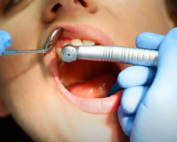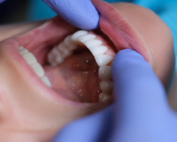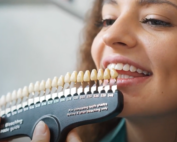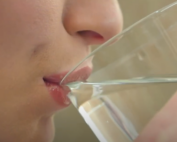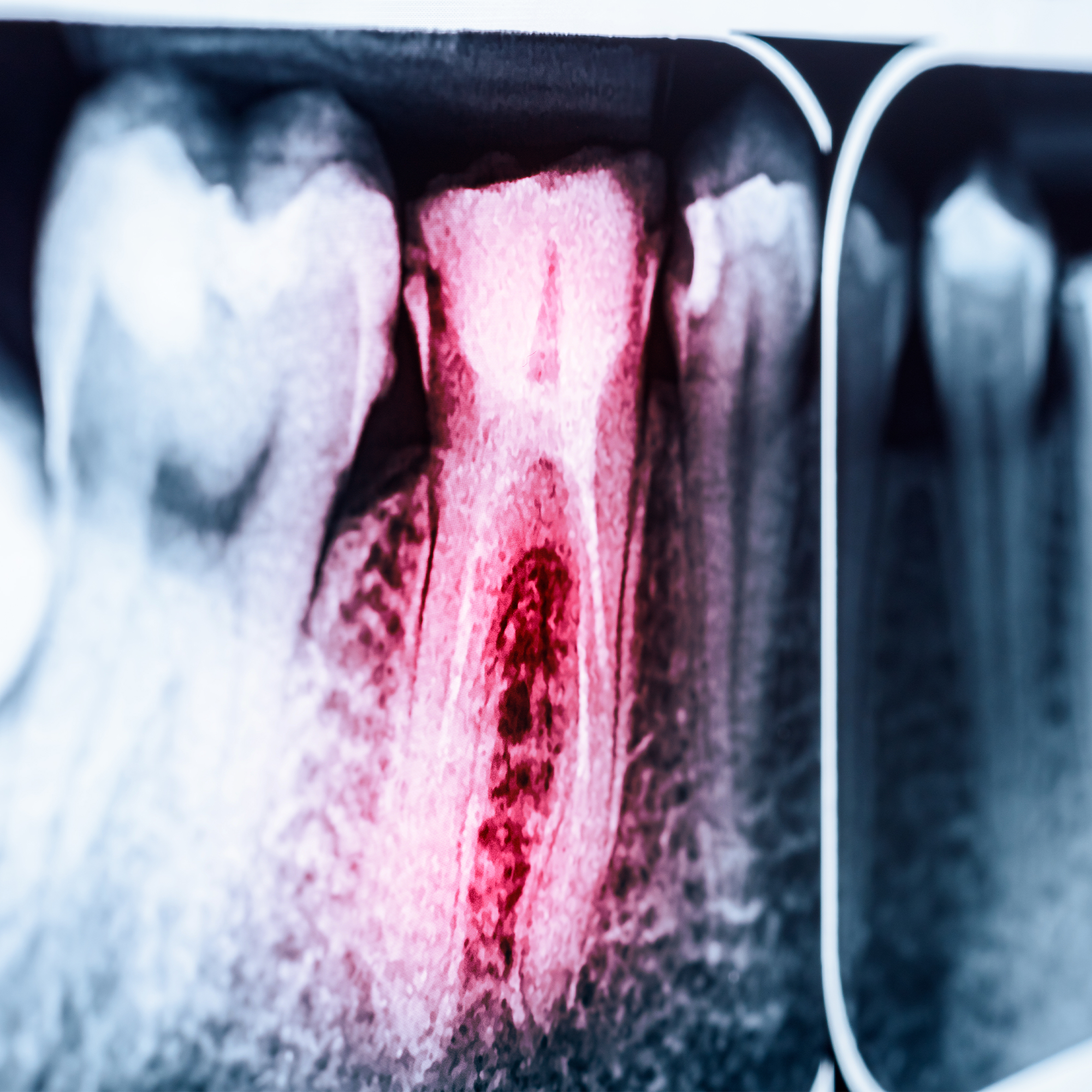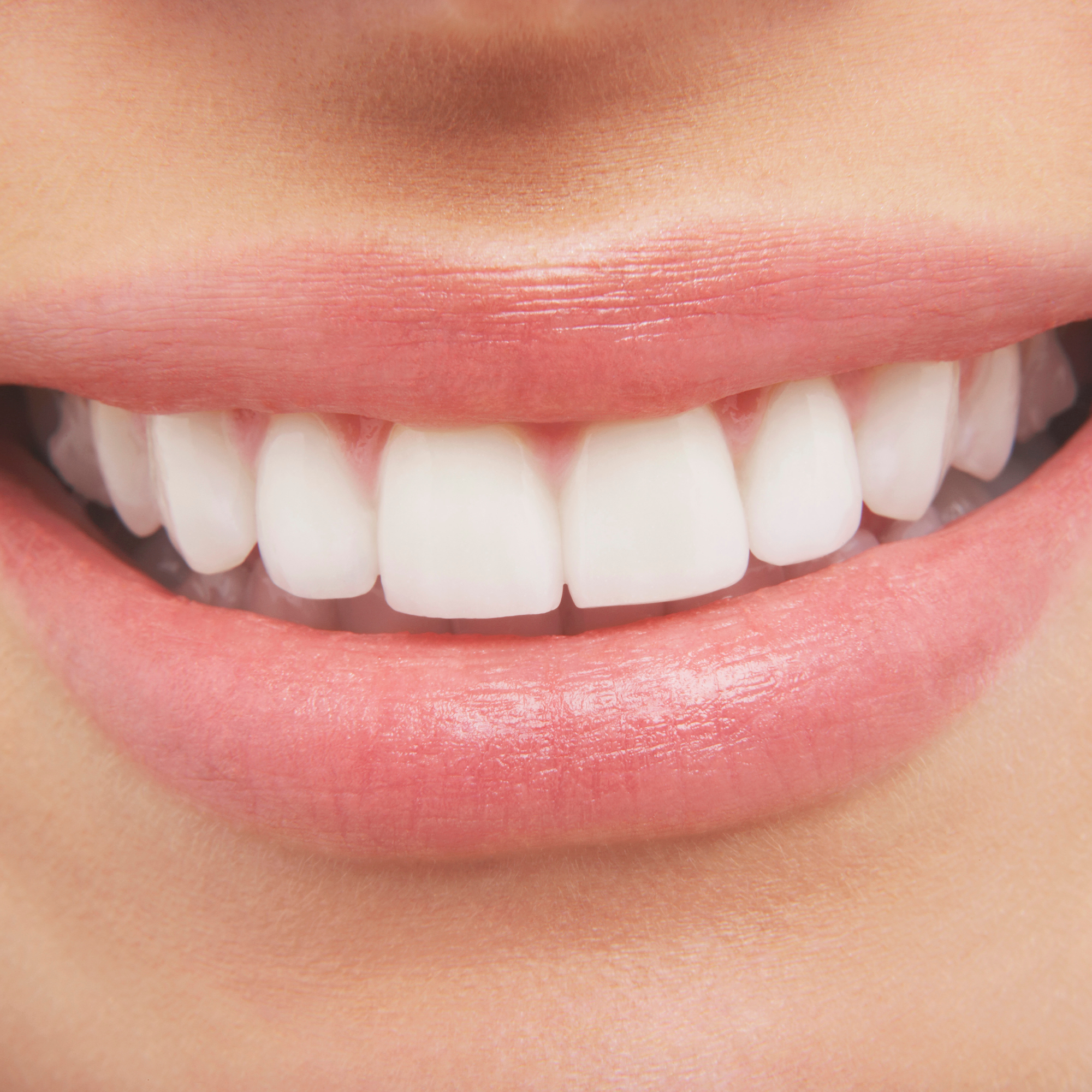A Practical Guide from Bilski Dental
Toothaches can be incredibly disruptive, and no one wants to experience that lingering, throbbing pain. Fortunately, many toothaches can be avoided with good habits and regular dental care. At Bilski Dental, we emphasize prevention, helping our patients avoid the discomfort and hassle of toothaches with practical tips and consistent dental check-ups. Here, we’ll walk you through everything you need to know about toothaches, what causes them, and how to keep them at bay.
What Exactly Is a Toothache?
Not every twinge in your teeth is a toothache. While sensitivity is common when drinking or eating hot or cold foods, a true toothache is more persistent. Here’s how to distinguish between the two:
- Tooth Sensitivity: If you feel a sharp, short-lived sensation when consuming cold or hot items, this is typically sensitivity. It should fade quickly once the trigger is gone.
- Toothache: A toothache involves prolonged pain that doesn’t immediately subside after exposure to hot or cold. If the discomfort lingers for a minute or more, especially after eating or drinking, it may indicate a deeper issue with your tooth.
Toothaches can signal various issues, from cavities and cracked teeth to gum disease or infections. The best approach is prevention—addressing issues early before they escalate into painful toothaches.
Essential Tips for Preventing Toothaches
Dr. Bilski shares several foundational tips for avoiding toothaches, and at Bilski Dental, we believe in proactive, preventive care. Here are the best practices for maintaining a pain-free, healthy smile:
1: Prioritize Excellent At-Home Dental Care
Proper daily dental hygiene is essential in avoiding toothaches. Here’s a routine to follow:
- Brush Twice a Day: Use fluoride toothpaste to protect your enamel and fight decay.
- Floss Daily: Flossing removes food particles and plaque from between your teeth, areas that brushing alone may miss.
- Use an Antibacterial Mouthwash: This helps reduce bacteria in the mouth, preventing plaque buildup and gum disease, which can lead to toothaches.
Maintaining a consistent at-home dental routine helps you stay ahead of potential issues and keeps your teeth and gums healthy.
2: Schedule Regular Dental Check-Ups
Routine dental check-ups are critical for catching problems early. Depending on your age and health status, here’s a general guideline for dental visits:
- Twice-Yearly Cleanings: For teens and healthy adults in their 20s to mid-30s, biannual cleanings are generally sufficient.
- Three Times a Year for Older Adults: In your 50s and 60s, Dr. Bilski recommends increasing cleanings to three times a year.
- Quarterly Visits for Complex Health Conditions: Individuals in their 70s or those with complex health conditions should consider cleanings four times a year. Frequent visits help identify problems that might otherwise go unnoticed.
Following this routine ensures you’re receiving the appropriate level of care at each stage of life, addressing wear and tear and reducing the risk of toothaches.
3: Avoid Harmful Habits and Hard Foods
Our teeth are designed to handle normal chewing but can be damaged by certain habits and hard foods. Here are some tips for avoiding accidental damage that could lead to toothaches:
- Avoid Chewing on Hard Objects: Biting on ice, hard candies, and even fingernails can lead to tiny fractures in your teeth, which can become problematic over time.
- Be Cautious with Pits and Seeds: Foods like olives and cherries can have hard pits that may chip your teeth if bitten down on. Watch out for these surprises to avoid damage.
- Limit Acidic and Sugary Foods: Foods high in acid or sugar can erode enamel, making teeth more vulnerable to decay. If you indulge, try to brush or rinse with water afterward.
These small changes can significantly reduce the chances of damaging your teeth and developing toothaches.
Increased Risk Factors: When More Frequent Dental Care May Be Needed
Certain health conditions and medications can increase the risk of dental issues, making it essential to see your dentist more often. As we age, our teeth and gums face greater challenges, and other health factors may complicate oral care:
- Chronic Health Conditions: Conditions like diabetes, heart disease, or autoimmune disorders can affect oral health. These patients may require more frequent check-ups and cleanings.
- Medications that Cause Dry Mouth: Many medications lead to dry mouth, reducing saliva production. Saliva is crucial for washing away food particles and neutralizing acids. If you’re experiencing dry mouth, ask Dr. Bilski about ways to manage it.
- Limited Sensitivity Due to Medications: Some medications dull pain sensitivity, which means issues might go undetected until they are more severe. Regular dental check-ups become especially important in these cases.
Our team at Bilski Dental ensures that each patient receives a customized dental care plan, factoring in any medical conditions or medications that could impact oral health.
Additional Tips to Maintain a Healthy, Pain-Free Smile
Alongside proper oral care and regular check-ups, there are several other ways to reduce the risk of toothaches:
- Hydrate Often: Staying hydrated helps maintain saliva flow, which is essential for oral health. Saliva naturally cleanses the mouth and reduces bacteria.
- Wear a Mouthguard if You Grind Your Teeth: Grinding (bruxism) can lead to tooth sensitivity and aches. A custom mouthguard can protect your teeth and alleviate strain on your jaw.
- Consider Fluoride Treatments: Fluoride strengthens enamel and can help prevent decay. Ask Dr. Bilski if a fluoride treatment might benefit you, especially if you’re prone to cavities.
By making these practices part of your daily routine, you’re not only reducing the chance of toothaches but also maintaining your smile’s long-term health.
Frequently Asked Questions About Toothaches
- What should I do if I experience a toothache?
If you’re experiencing persistent pain, schedule an appointment with Bilski Dental as soon as possible. In the meantime, rinse with warm salt water, avoid chewing on the affected side, and use an over-the-counter pain reliever if needed. - Are there home remedies for minor tooth sensitivity?
Rinsing with warm salt water can sometimes help with sensitivity. Desensitizing toothpaste may also provide relief for mild sensitivity, but it’s best to consult with us for a long-term solution. - Can regular cleanings really prevent toothaches?
Yes! Routine cleanings remove plaque and tartar that contribute to tooth decay and gum disease, both common causes of toothaches. Regular dental care is key to prevention.
When to See Your Dentist: Don’t Wait for Pain
Toothaches rarely appear out of nowhere—they usually develop from underlying issues that could have been prevented with early intervention. Regular dental visits allow Dr. Bilski and our team to spot any problems before they worsen. Waiting until pain appears often means more complex treatment is needed. By investing in preventive care, you’re protecting your smile and saving yourself from potential discomfort down the line.
Protect Your Smile with Comprehensive Care from Bilski Dental
At Bilski Dental, we believe that preventing toothaches is all about adopting good habits and making regular dental care a priority. Our approach emphasizes proactive care and patient education, empowering you to take control of your oral health. From detailed cleanings to tailored treatment plans, we’re here to keep your smile bright, healthy, and pain-free.
Schedule your next check-up today to stay on top of your dental health and avoid the discomfort of toothaches. Let us help you keep your smile radiant for years to come.


